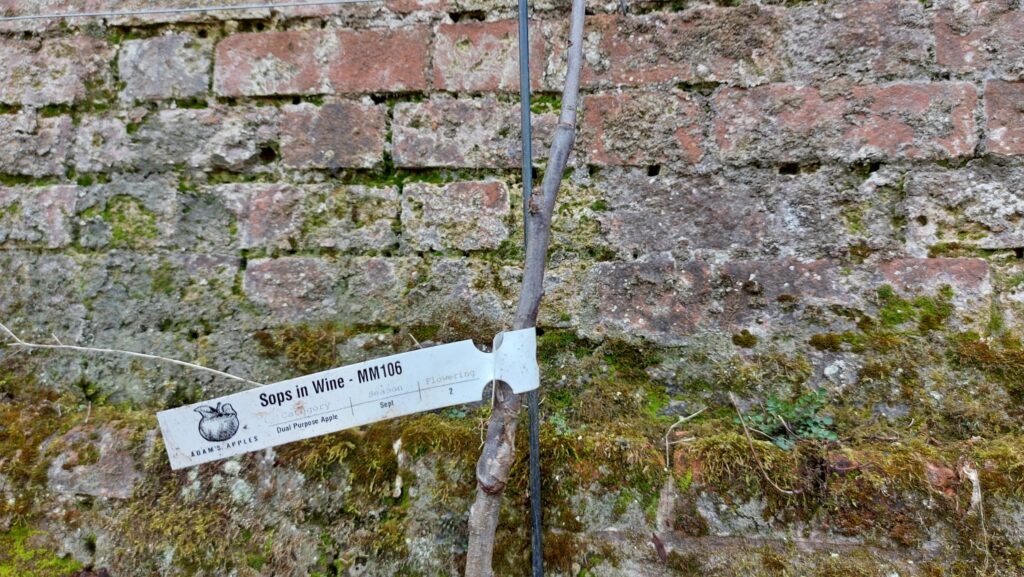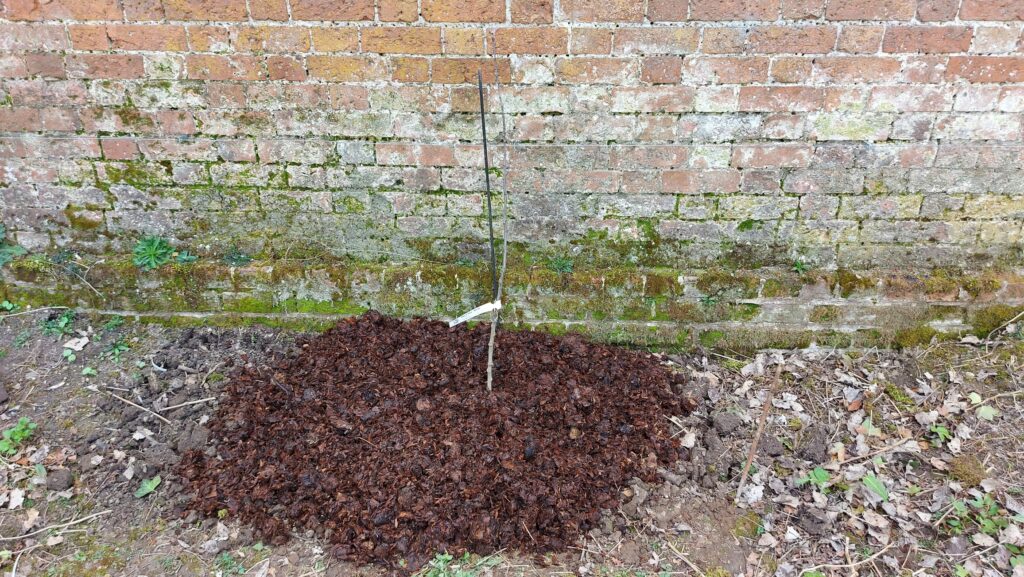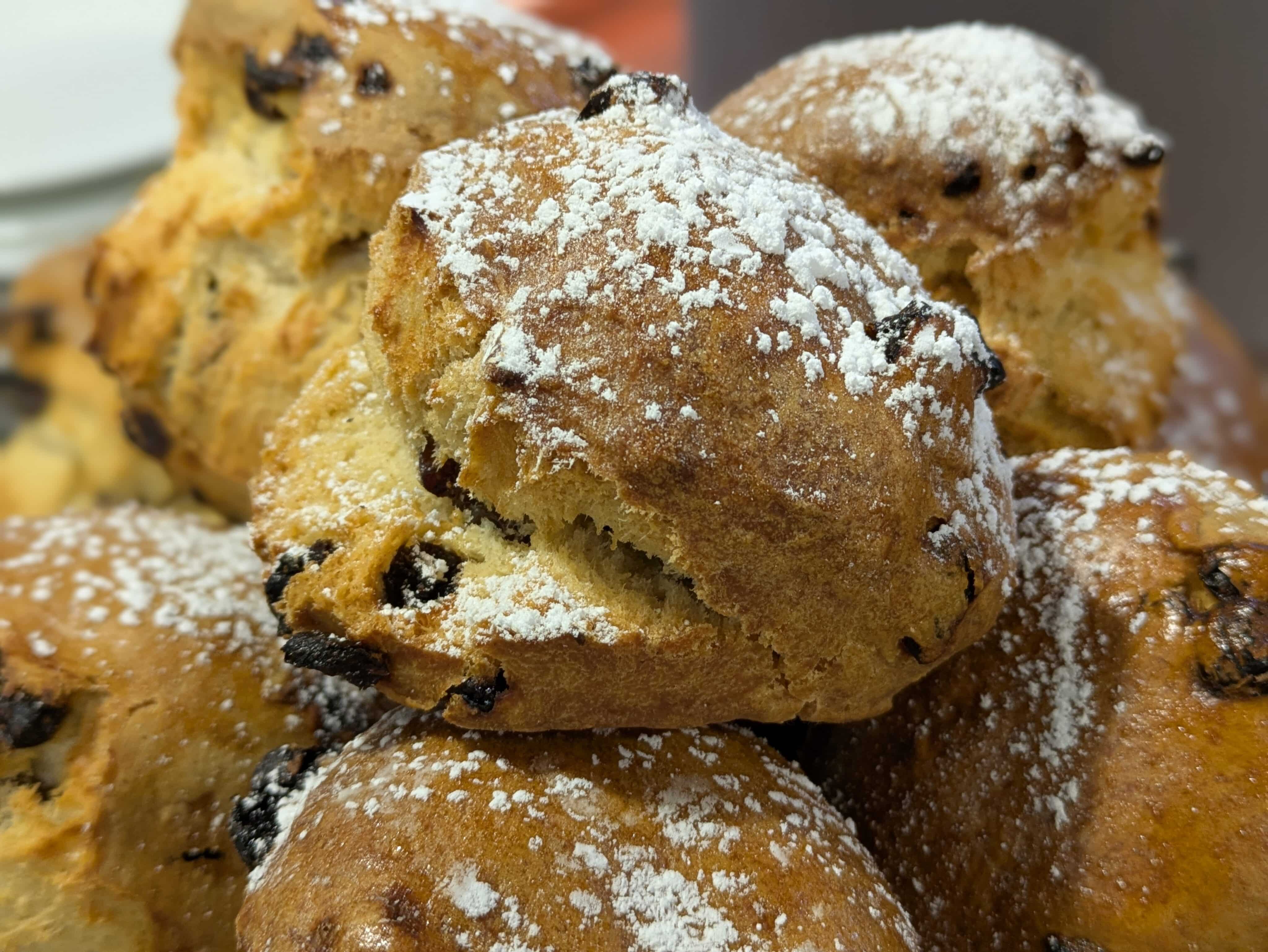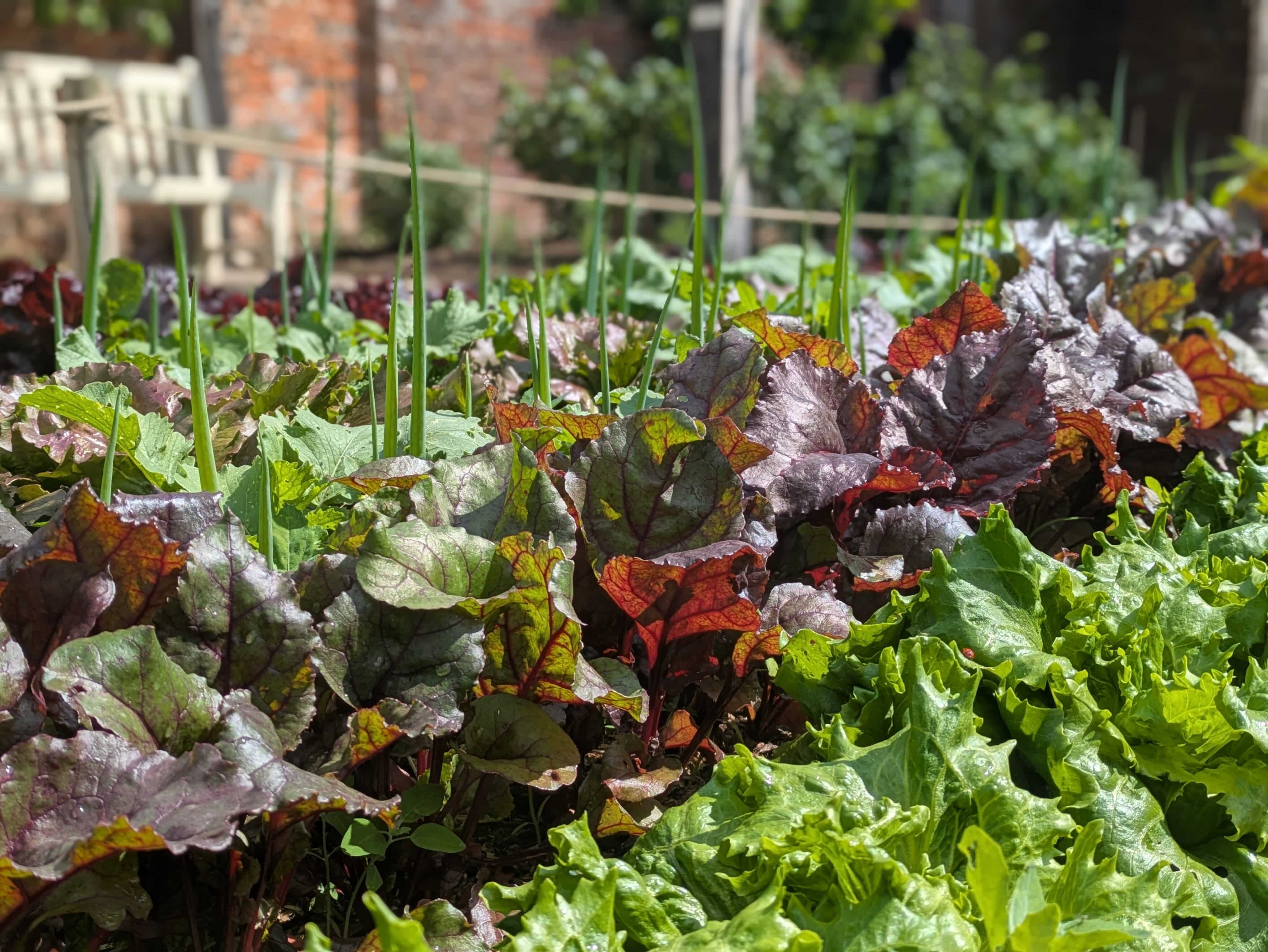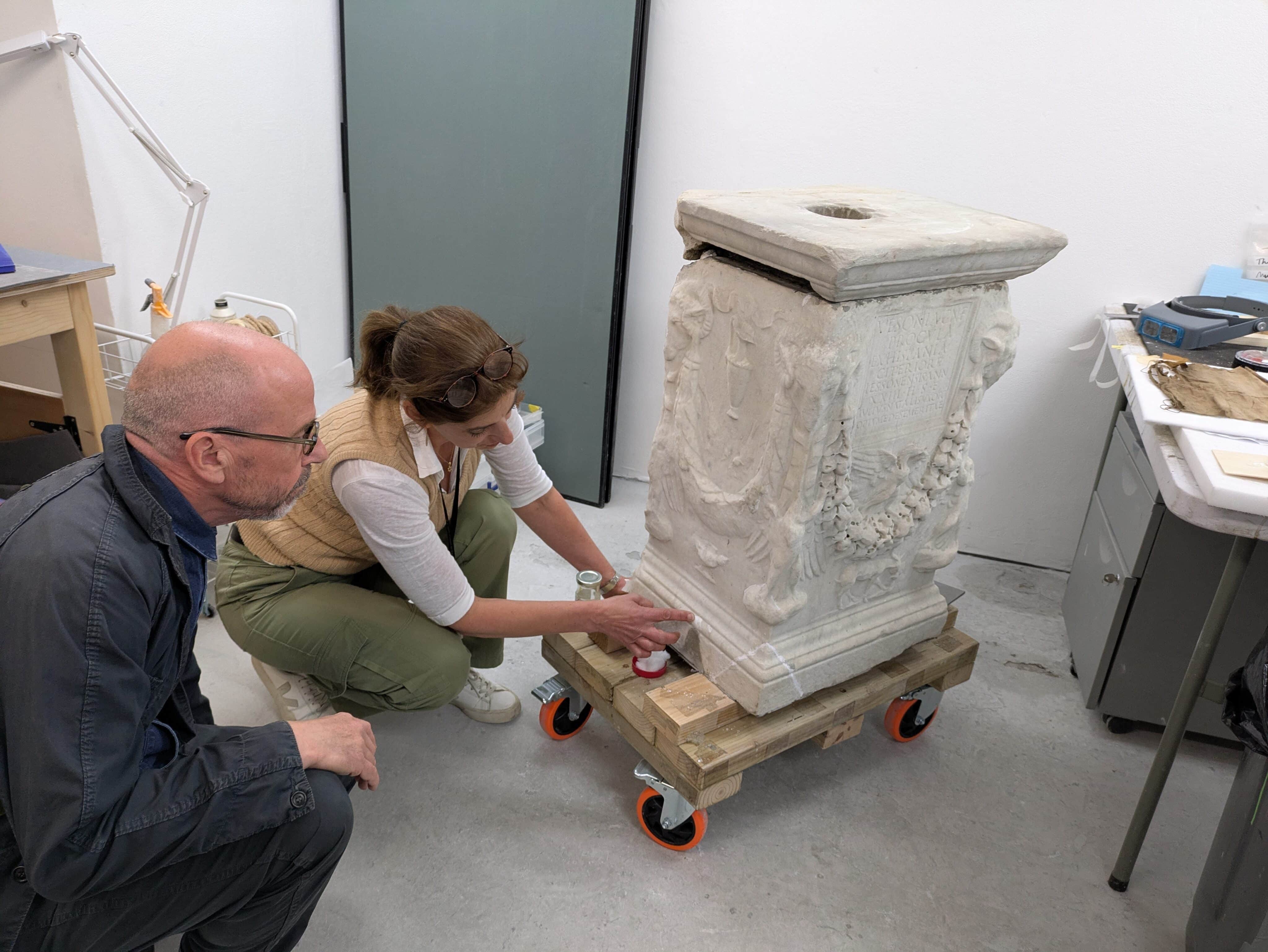Restoring the Walled Garden

Ever since the Concerto Weddings Company left the Walled Garden in 2020, Painshill Park Trust have been keen to restore it to its 18th century splendour. In Charles Hamilton’s era, which the Painshill Park Trust aims to replicate, the walls of the Walled Garden were planted with fruit trees.
Thanks to support from Stanley Smith (UK) Horticultural Trust, we have been able to plant 30 trees in this incredible space.
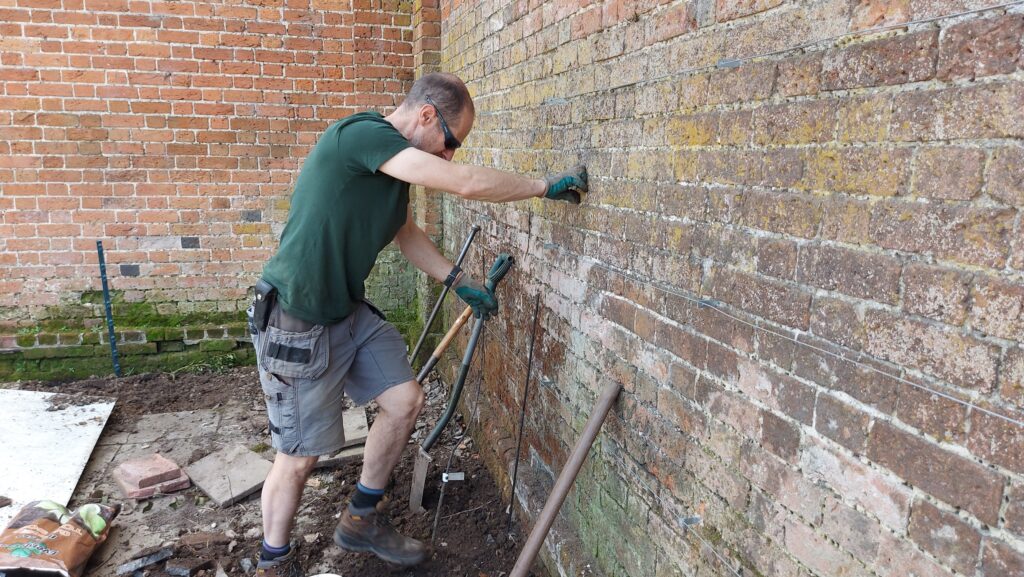
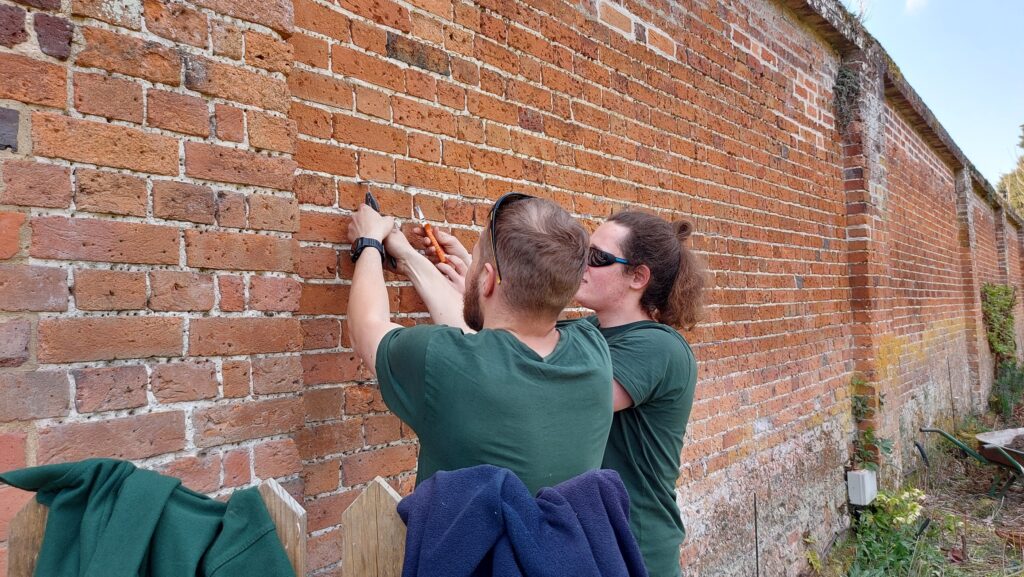
The walls show the alcoves and inlets that are perfect for growing, with an overhang to protect from frost and columns to enclose the tree. The walls, which were built in the 1750’s, are littered with holes where various supports have been attached over the years.
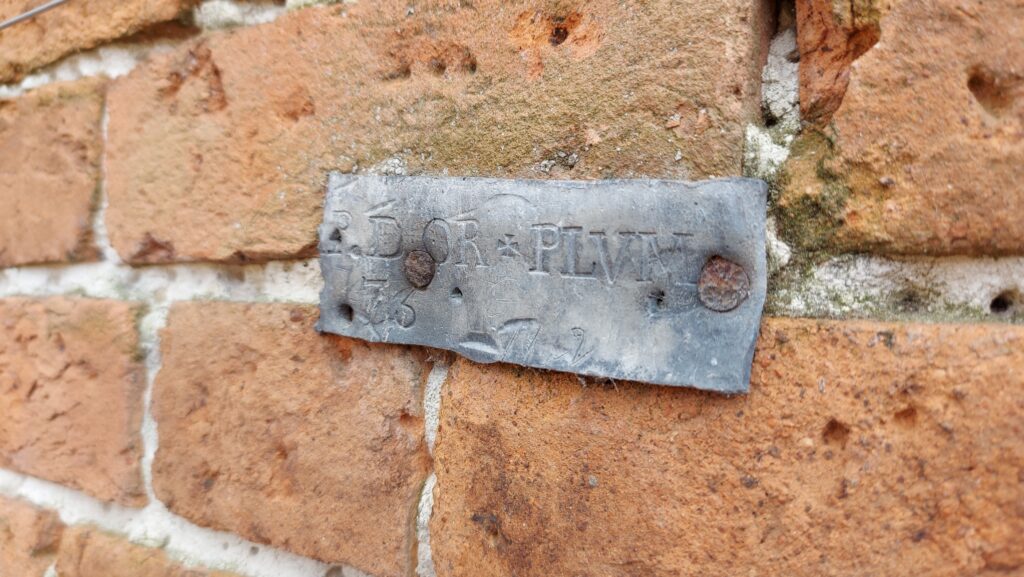
We have a good indication of what has been grown against the walls as we have some of the original 18th century labels still attached to the walls. Whilst cultivating the beds we have dug up a number of the original Victorian labels which have the most fantastic names such as Pear “Chaumontel”, Plum “Kirke’s Blue” & Pear “Glou Morceau”.
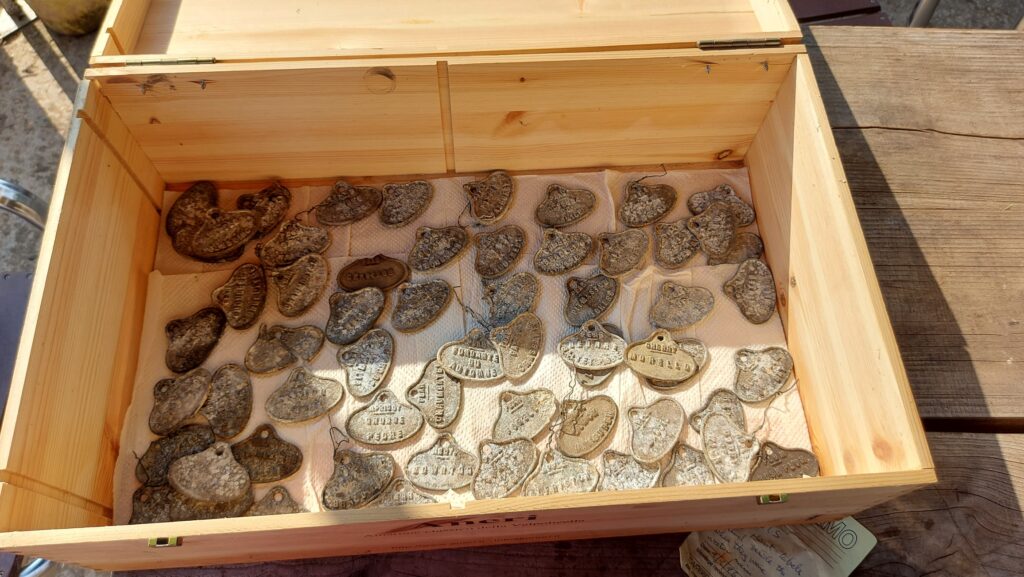
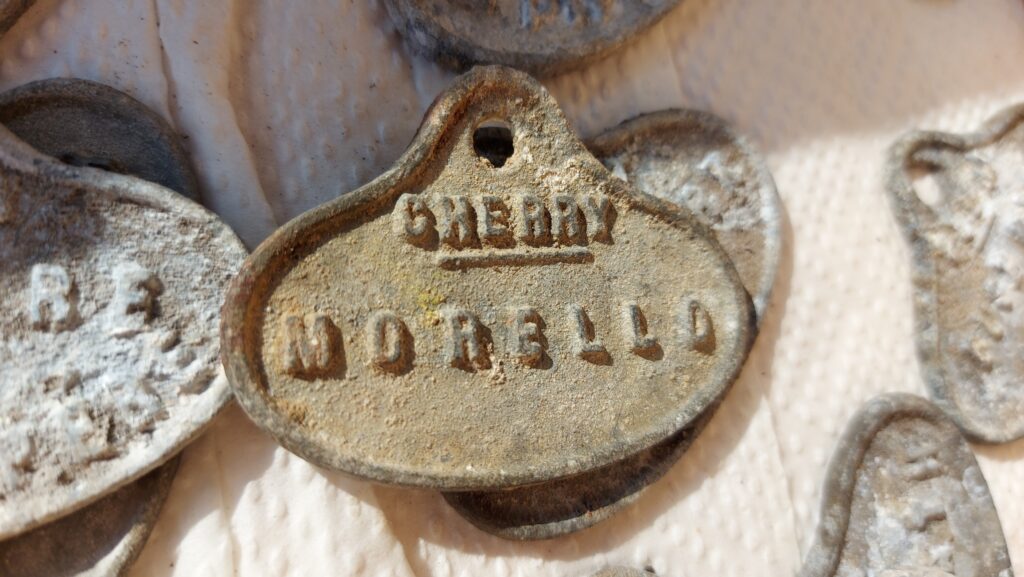
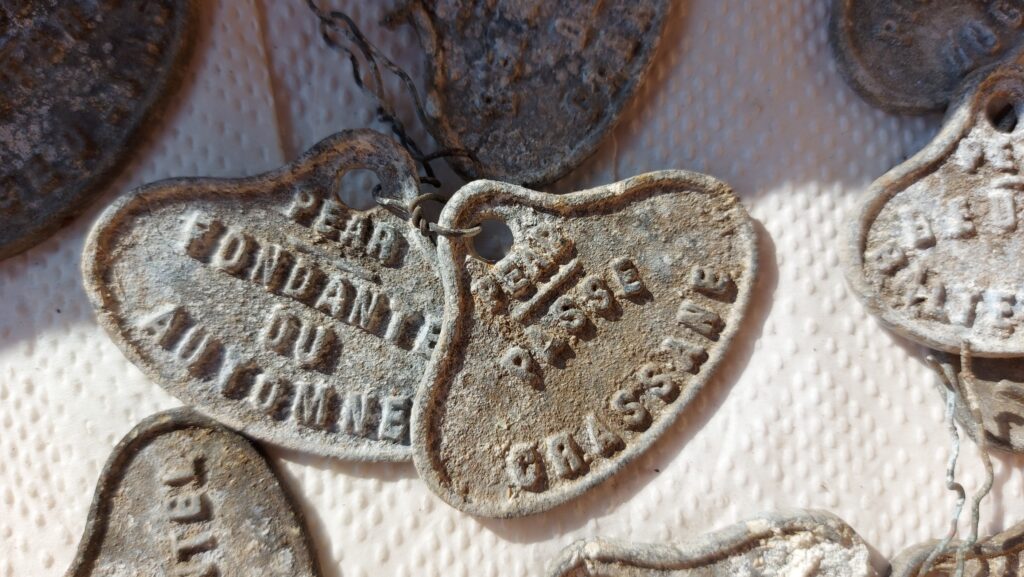
A large number of apple varieties have been planted including Blenheim Orange, Ellison’s Orange & Beauty of Bath.
Against the South facing wall we intend to plant Peaches, Nectarines and Apricots to take advantage of the sun all day long.
Mirabelle plums have been planted against the North facing wall.
The Walled Garden is currently not open to visitors while we undertake the task of restoring it. However, it can be easily viewed via the Kitchen Garden, which is open daily and found at the entrance of Painshill.
We also use our Walled Garden for summer events. Why not bring along a picnic and enjoy outdoor theatre or comedy in the garden this season.
We are very grateful to Charitable Trusts like the Stanley Smith (UK) Horticultural Trust as their support is enabling us to continue vital restoration at Painshill. If you would like to make a donation, you can find out about our latest project. To support through a Trust or grant making committee please email fundraising@painshill.co.uk.
